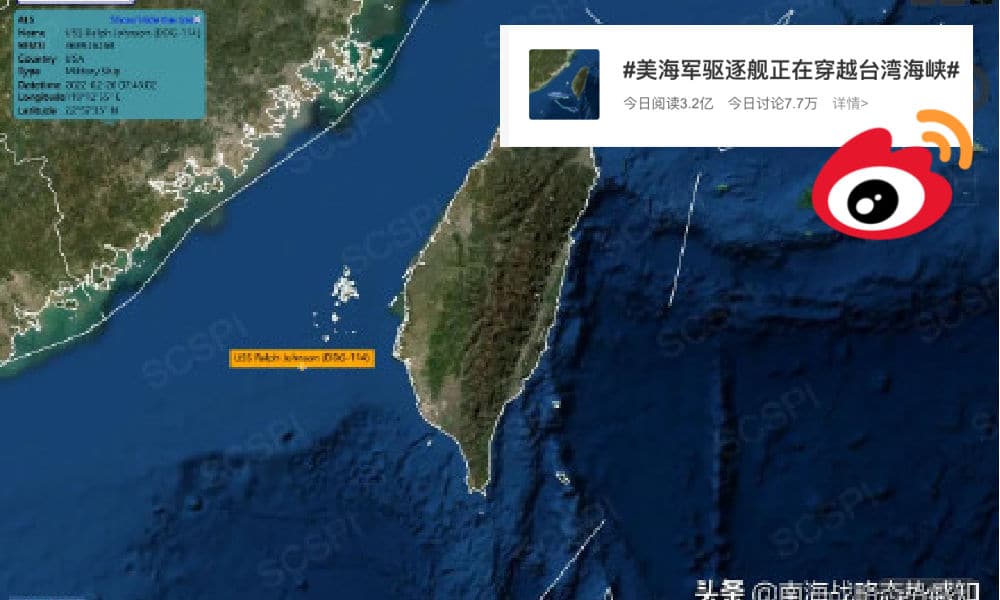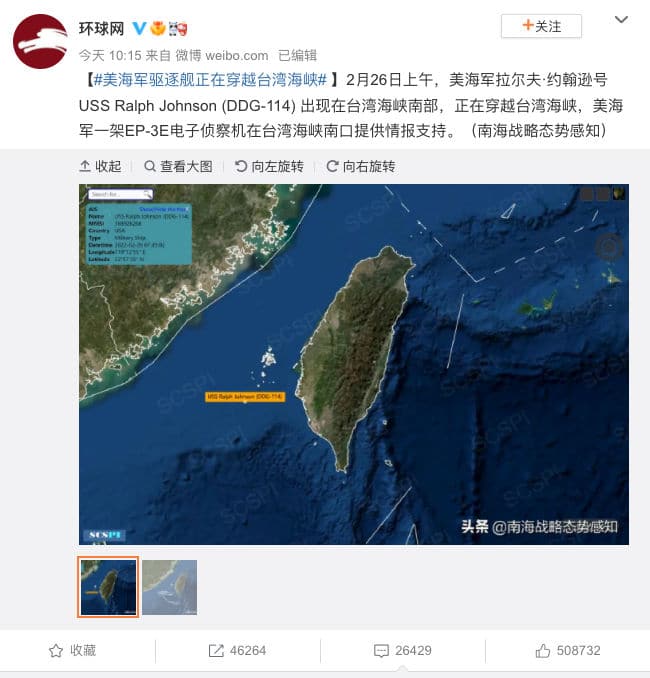When China’s Ministry of Foreign Affairs (MFA) Spokesperson Wang Wenbin concluded a regular press conference on May 24, he suddenly said “farewell” (“我们再见”) and stepped down to shake hands with reporters. This surprising moment quickly had his online fan circles buzzing. Was he leaving? Starting a new job? Everyone was speculating.
Wang Wenbin (汪文斌, b. 1971), the Deputy Director of the Foreign Ministry Information Department of China, has been with the Foreign Ministry since 1993. His face became familiar to many both inside and outside China after he took on the role of MFA spokesperson in 2020.
Over the years, Wang has become increasingly popular on social media. There are thriving fan forums filled with thousands of posts and videos dedicated to Wang, praising his professionalism and humorous expressions.
Although there were no official reports on Wang leaving his post, hundreds of netizens began saying goodbye to their favorite diplomat.
Nearly two weeks later, on June 4th, it was announced that Wang will be starting as China’s new ambassador to Cambodia. A related hashtag went trending on Weibo (“Wang Wenbin Appointed as Ambassador to Cambodia” #汪文斌候任驻柬埔寨大使#), attracting over 130 million views within a day.
“Anhui’s Pride”
Why is Wang so popular?
First, his popularity is part of a larger trend of Chinese diplomats being admired and idolized online, a phenomenon detailed in our article here (link).
But besides being part of China’s “Diplomat Dream Team” (外交天团), Wang is admired for his conduct and character. He appears very serious but often shows a smile. He is highly professional, yet occasionally displays a playful side.
These likeable contrasts in his persona also reflect his background. While Wang represents international China, he comes from a small village. Born and raised in Xindu in Tongcheng, Anhui, Wang studied at China’s Foreign Affairs University, majoring in French and economics. He speaks several foreign languages, including English, and once sent out New Year’s wishes in 11 different languages. His success story makes him “Anhui’s pride.”
While Zhao Lijian was known as a real ‘wolf warrior diplomat,’ Wang Wenbin’s style is perceived as more “calm,” “scholarly,” and “refined,” though he remains critical, firm, and assertive. For instance, Wang rebuffed U.S. claims that China might arm Russian troops in the Ukraine war, stating, “it is the United States and not China that is endlessly shipping weapons to the battlefield.” He also called the shootdown of the alleged Chinese spy balloon “100 percent hysteria” and urged the United States to abandon its “hegemonic” approaches to international affairs.
For many Wang Wenbin fans, his assertive yet ‘refined’ (‘温文尔雅’) foreign policy resonates deeply, as they appreciate how Wang shapes China’s image abroad: “It’s the perfect interpretation of being a great and elegant great power.”
Wang’s large fanbase on Chinese social media is always creative in editing images of him and adding quotes. In response to the news of Wang’s new position, a flood of new videos popped up in Wang Wenbin fan communities. Many see Wang as relatable, likeable, and a role model, often saying that ‘Uncle Wang’ (汪叔) is just too “cool.”
“We’ve got your back”
Wang’s role as China’s ambassador to Cambodia is not entirely new to him. He has previously worked in various positions at Chinese embassies in Senegal, Cameroon, and Mauritius, and served as ambassador to Tunisia from 2018 to 2020.
Cambodia is an important regional ally to China, and Sino-Cambodian ties have grown stronger, exemplified by the two countries holding a 15-day joint military exercise in May of this year. Cambodia is a key country for China’s strategic layout in Southeast Asia.
Many netizens are pleased to see Wang Wenbin appointed to Cambodia, though some complain that his “talent is wasted on an insignificant role” (“大材小用” dà cái xiǎo yòng). However, others recognize the growing strategic importance of Cambodia and see Wang’s appointment as a reflection of his significance to China; they suggest he is the right man in the right place.
Wang’s loyal fans wish him nothing but the best in his new position. One person posted: “No matter where you are, we’ve got your back, Uncle Wang.”
Wang Wenbin will replace Wang Wentian (王文天), who served as Chinese Ambassador to Cambodia since November 2018.
Although Wang Wenbin’s online fan communities might become a bit quieter from now on, one thing is certain: he won’t be forgotten. One fan wrote: “From now on, we’ll continue to watch you shine.”
By Manya Koetse
Spotted a mistake or want to add something? Please let us know in comments below or email us. First-time commenters, please be patient – we will have to manually approve your comment before it appears.
©2024 Whatsonweibo. All rights reserved. Do not reproduce our content without permission – you can contact us at info@whatsonweibo.com.


 China Insight3 months ago
China Insight3 months ago
 China Music4 months ago
China Music4 months ago
 China Digital10 months ago
China Digital10 months ago
 China Arts & Entertainment12 months ago
China Arts & Entertainment12 months ago





















